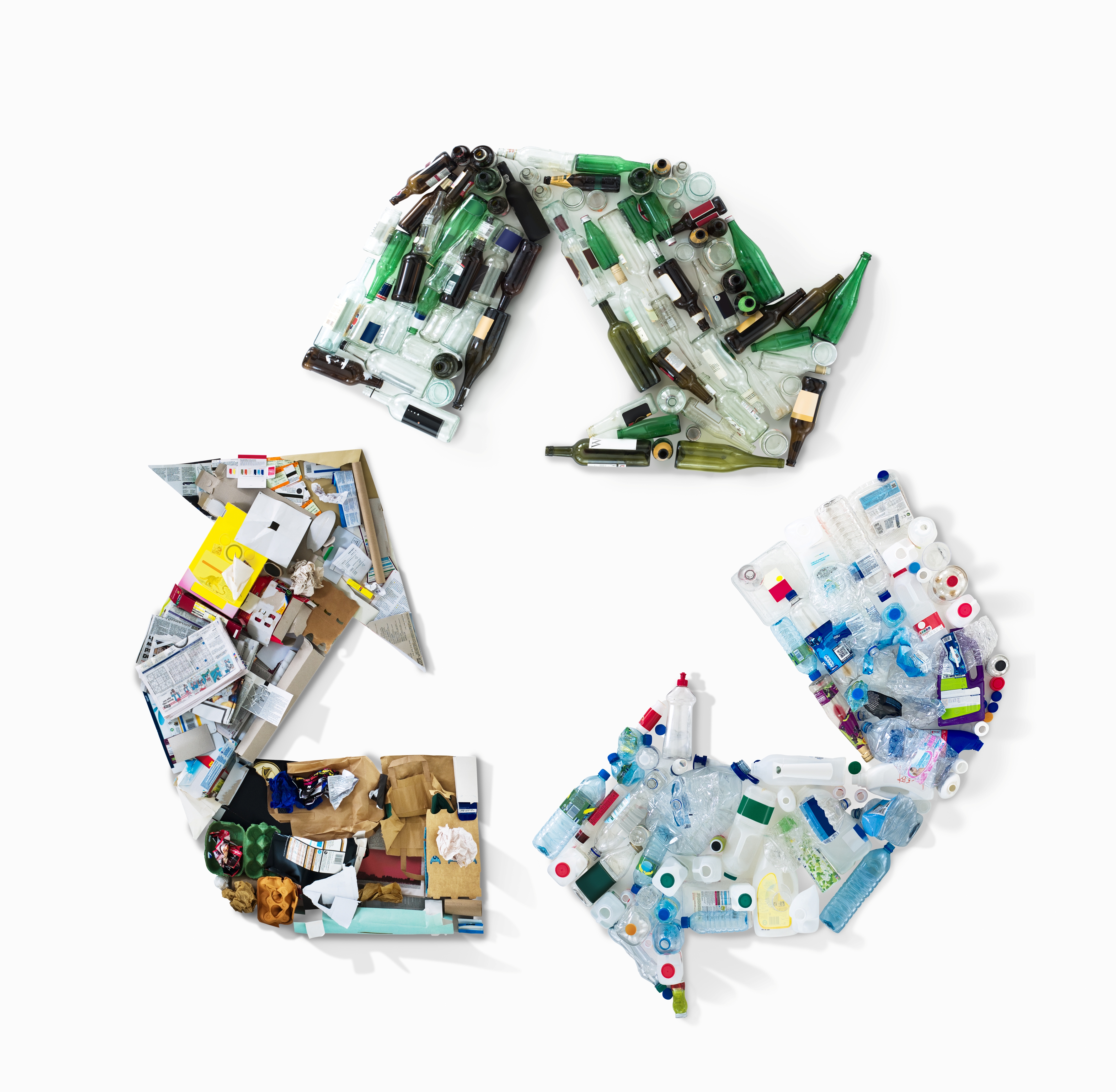NASA is calling on innovators worldwide to join the new LunaRecycle Challenge, offering a staggering Rs 25 crore ($3 million) in prizes for breakthrough ideas in recycling material waste during deep space missions. This exciting challenge is open to everyone, sparking ideation and ingenuity to tackle one of the most urgent issues of future space exploration—waste management.
As NASA advances its Artemis Mission and other lunar and space ambitions, building a sustainable human presence on the Moon is a key focus. Developing efficient recycling solutions to reduce solid waste is essential for the success and sustainability of long-term lunar missions.
Through this open innovation challenge, NASA aims to harness the public's creativity to rethink waste management in space. This could not only revolutionize how we handle waste on future missions but also lead to more sustainable waste solutions here on Earth.
What is NASA's LunaRecycle Challenge?

The LunaRecycle Challenge is a two-track global competition seeking innovative recycling solutions for lunar surface missions. The purpose is to maximize the amount of waste that can be recycled from various categories relevant to a year-long lunar mission. Teams can compete in either or both tracks, each offering its own set of prizes. NASA’s LunaRecycle Challenge includes two competition tracks:
- Prototype Build Track:
This track focuses on designing and developing hardware components and systems to recycle solid waste on the lunar surface. Teams may choose to manufacture one or more end products as part of their design, but it’s not required.
- Digital Twin Track:
This track calls for the design of a virtual replica of a complete system for recycling one or more end products' solid waste on the Moon, including the manufacturing of end products. Digital Twin track enables numerous virtual design configurations and reduces the need for makeshift prototypes, saving substantial time and costs.
What does NASA expect from the LunaRecycle Challenge?

The LunaRecycle challenge aims to inspire the design and development of energy-efficient, low-mass, and low-impact recycling solutions that address waste streams, ultimately improving the sustainability of long-duration lunar missions.
Key technological needs include logistics tracking, clothing and trash management for habitation, surface manufacturing of parts and products, and space manufacturing from recycled and reused materials.
What are the important dates?
Important tentative dates are as follows. Phase 1 registration opened on September 30, 2023, and the deadline for Phase 1 submissions is March 31, 2025. Results will be announced in May 2025.
How to get started?
To participate, teams must first register by filling out the Expression of Interest form by March 31, 2025 (04:00 PM Eastern). Official registration will be confirmed via email once the challenge administrators approve the registration documents.



